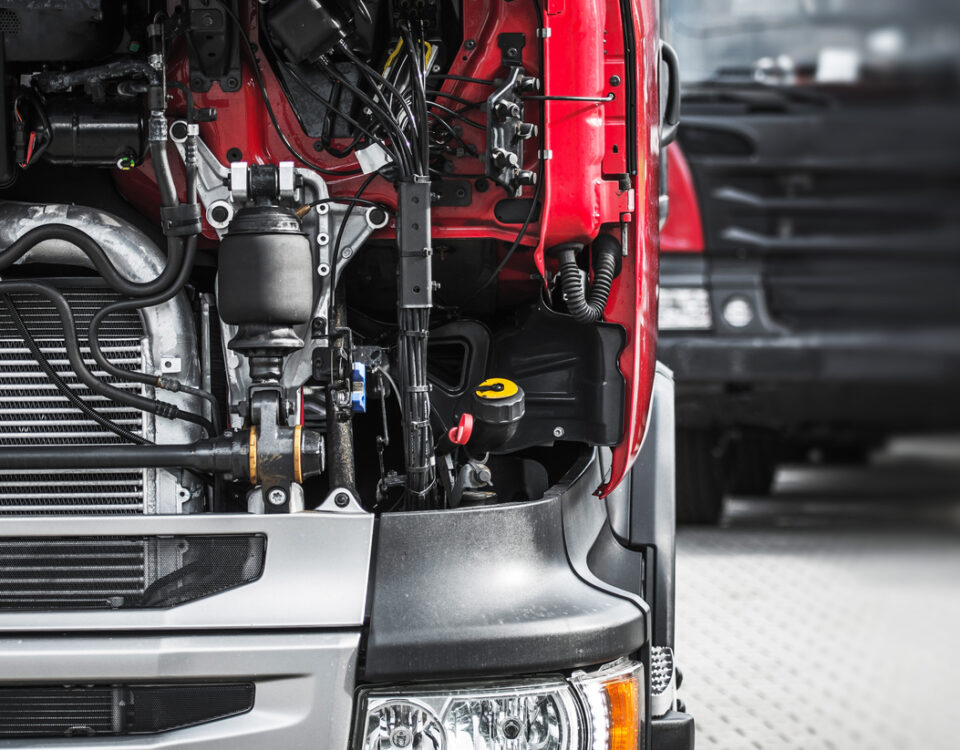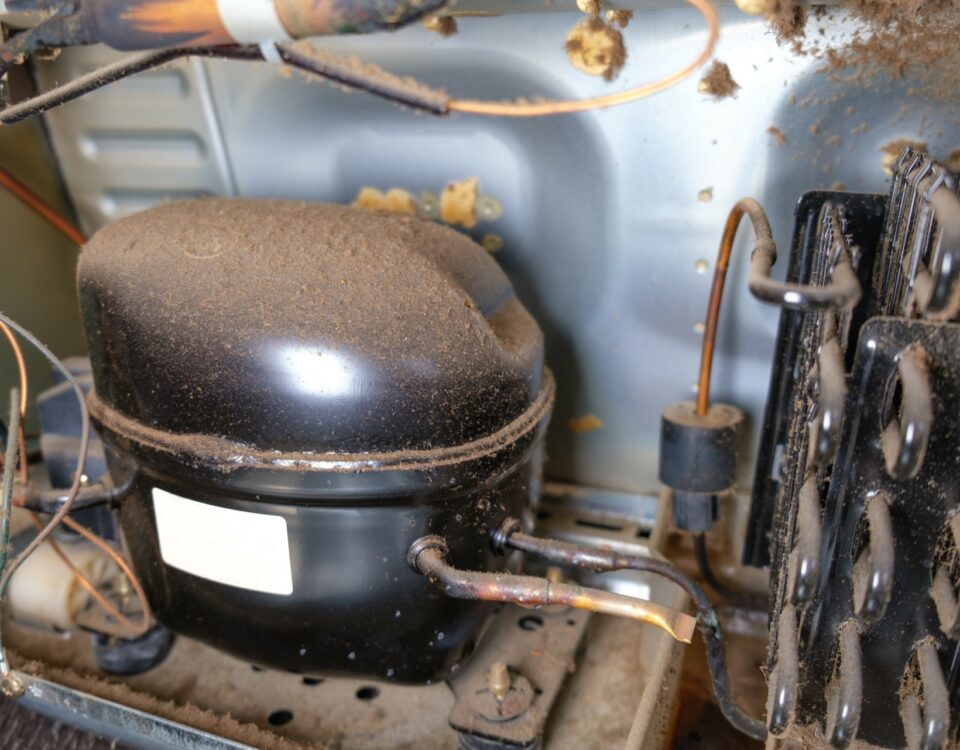The Benefits of DPF Cleaning for Optimal Car Engine Performance
A DPF cleaning machine (DPF) is a specialized equipment designed to clean and regenerate diesel particulate filters. These filters are a crucial component of exhaust emission control systems that help reduce soot and other harmful pollutants emitted by diesel engines. Over time, the filter can become clogged with trapped particles, which can lead to a drop in engine performance and increased emissions. DPF cleaning machines use various techniques such as high-pressure air, ultrasonic cleaning, and chemical cleaning to clean the filter and restore it to its original state, allowing it to capture pollutants as efficiently as when it was new. If you are in need of DPF cleaning services, look no further than DPF Cleaning Birmingham. Located in the bustling city of Birmingham, England, offering top-notch DPF cleaning services that will leave your filter functioning at its best.
How Does A DPF Cleaning Machine Work?
For those unfamiliar with diesel engines, understanding Diesel Particulate Filters (DPF) may seem daunting. DPFs are devices designed to treat exhaust gases, with their main function being to capture particulate matter, including ash and soot, which can accumulate over time or with extended use. Typically, DPFs use ceramic materials to create a honeycomb structure or frame. To reduce emissions from diesel vehicles, DPFs must capture and store exhaust soot, which can be periodically burned off through a regeneration process. This allows the DPF to fully clean its filter.
DPF regeneration burns off all the accumulated soot and ash, stopping thick black smoke emissions that are common in diesel vehicles, making it an essential component for all engine manufacturers in the industry. By meticulously and accurately capturing all the particulate matter, DPFs can reduce dangerous diesel-powered emissions in your vehicle. Specifically, the ceramic wall flow inside the particle filter is where the exhaust gases and air pass through.
Understanding the Basics
Diesel Particulate Filters (DPFs) are essential components in modern diesel engines that trap harmful soot and particles to reduce emissions. Over time, DPFs can become clogged and require cleaning to maintain optimal engine performance. There are two main methods for DPF cleaning: active and passive regeneration. Active regeneration uses chemicals or a catalyst to speed up the cleaning process, while passive regeneration involves using high engine temperatures to burn off accumulated soot.
Physical removal of the DPF and specialized cleaning equipment is another option for manual DPF cleaning, which can restore the filter’s effectiveness and improve engine performance. It’s important to note that DPF upkeep and cleaning are crucial for reducing hazardous emissions and ensuring maximum engine performance. Vehicle owners should seek advice from their manufacturer or reliable experts on proper DPF cleaning procedures. Overall, proper maintenance and cleaning of DPFs are vital for minimizing harmful emissions and ensuring optimal engine performance.
The Benefits of DPF Cleaning Regularly
Lower Your Maintenance Expenses and Save You Money
Due to the engine’s inability to perform to its full potential, a clogged DPF might raise your maintenance expenditures. In the long run, it will cost you more money because you’ll probably need a lot more maintenance work done on your car.
Save Fuel
In addition, you should anticipate a decrease in your car’s emissions of greenhouse gases. This is so that soot build-up can be reduced by maintaining a clean DPF. A shorter engine’s lifespan should be aided by lower emissions, which also indicate less wear on your engine.
Lower Service Costs
If you’re experiencing a clogged DPF, having it professionally cleaned is a cost-effective option that can potentially save you money on fuel and maintenance costs while also avoiding costly repair bills. In fact, some studies suggest that cleaning your DPF can increase fuel mileage by up to 40%. Fortunately, DPF cleaning is a common practice that many mechanics are well-equipped to handle.
The most common DPF cleaning methods include high-pressure air washing and chemical cleaning. Some cleaning solutions use liquid carbon soot products that are poured into the exhaust stream to dissolve accumulated soot. With the use of these methods, DPFs can be effectively cleared of any blockages and restored to optimal performance.
Having your DPF professionally cleaned is a practical solution to improve engine performance and fuel efficiency. With the help of experienced mechanics and specialized cleaning methods, DPF cleaning can be an affordable and effective way to maintain your diesel engine’s health and prolong its lifespan.
Engine Life Improved
Compared to conventional air filters, diesel particulate filters (DPFs) are designed to capture extremely fine soot particles from engine emissions. However, this also means that they can become clogged if not properly maintained. Failure to have the DPF cleaned in a timely manner can result in higher fuel consumption and the need for costly engine repairs.
When a DPF becomes clogged, it restricts the flow of exhaust gases through the engine, which can cause the engine to work harder to compensate for the reduced airflow. This, in turn, can result in increased fuel usage and decreased fuel efficiency. If left unaddressed, a severely clogged DPF can lead to costly engine damage and the need for an engine overhaul.
Removes Soot As Well As Deposit Accounts Left Behind After Poor Fuel Efficiency
Have you ever noticed that one’s car is slow and doesn’t appear to get as much gas mileage as it should? This is a result of the carbon-rich DPF (diesel particulate filter). Because of all that carbon, the engine continues to run hotter than it ought to.
How DPF Cleaning Helps Achieve Better Fuel Economy and Engine Performance
Cleaning the diesel particulate filter (DPF) in your vehicle can lead to significant improvements in fuel economy and engine performance. DPF-fitted vehicles exert higher pressure on the engine, which can cause a decrease in efficiency, horsepower, and fuel economy. By cleaning the DPF instead of removing it to avoid fines from current emission regulations, you can reduce the engine’s back pressure and improve its overall performance. Regularly checking and cleaning the DPF can help maintain these benefits. Additionally, DPFs play a crucial role in reducing harmful pollutants released into the atmosphere, such as dangerous soot, improving human health. As such, they are now required in all modern diesel vehicles.
The Cons of Carbon Build-Up on Your Car’s Engine Head
Unfortunately, the effects of carbon build-up can go unnoticed by engine operators until the deposits have grown to a significant extent. Initially, carbon accumulation may only cause subtle issues, but it can eventually compromise critical engine functions. Some signs that your engine may be experiencing carbon build-up include:
- Decreased fuel economy or mileage
- Hesitation during acceleration
- Difficulty starting the engine
- Dark smoke emitted from the exhaust
- Illuminated check engine light
- Fluctuating RPMs or sputtering
- Unstable or erratic idle.
If you are experiencing any of these issues, it may be time to have your engine inspected and serviced by a qualified professional. Regular engine maintenance and cleaning can help prevent carbon build-up and ensure optimal engine performance.
Conclusion: Why DPF Cleaning is Crucial for Your Car’s Health and Performance
The Diesel Particulate Filter (DPF) is a crucial component of your vehicle’s exhaust system. Even if it’s only partially clogged, it can create a pressure gradient in the engine that affects your fuel efficiency. That’s why it’s important to have your DPF cleaned regularly. When the DPF is clean, your engine runs more smoothly, and its performance is optimized. On the other hand, if the filter is not working at full capacity, your engine’s performance will suffer. Don’t overlook the importance of regular DPF cleaning to maintain your engine’s efficiency and performance.


